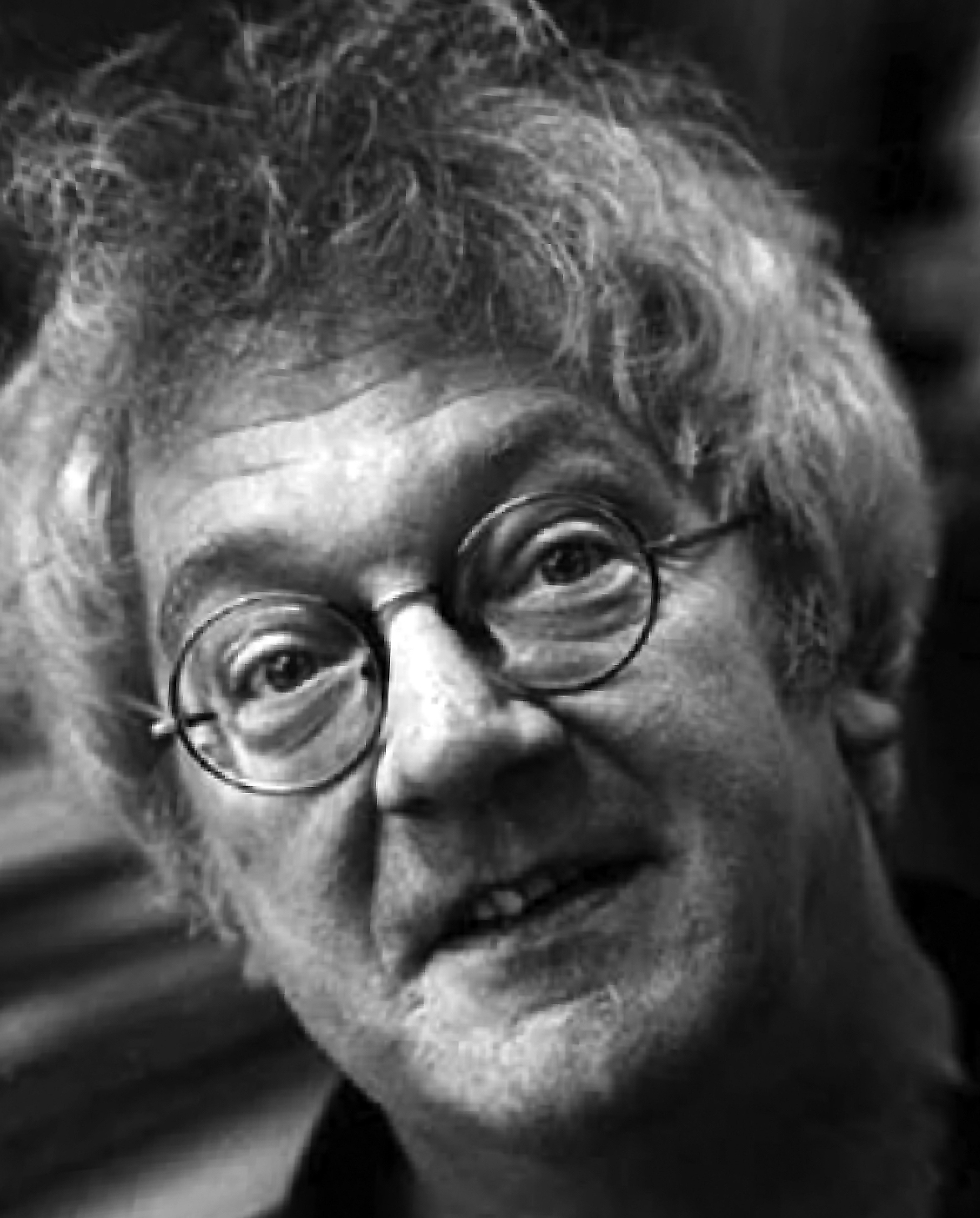All dead. All immortal.
Remko Scha (1945-2015)
Who dies?
Remko Scha (September 15, 1945 - November 9, 2015) was a professor of computational linguistics at the faculty of humanities' Institute for Logic, Language and Computation at the University of Amsterdam. He made important contributions to semantics, in particular the treatment of plurals, and to discourse analysis, and laid the foundations for what became an important research paradigm in computational linguistics, Data Oriented Parsing (DOT).
He was trained as a physical engineer in Eindhoven, the Netherlands. He worked as a researcher in Computational Linguistics at Philips' Research Labs (Eindhoven) and BBN Laboratories (Cambridge, Mass.), and taught at Tel Aviv University and the University of Amsterdam.
Remko Scha was also a composer and a performer of algorithmic art. Most of his art projects are concerned with processes which generate musical or visual structures without conscious human control. In the early 1960's he started out with physics-based visual art (burning and melting plastic), and continued with conceptual pieces and algorithmic music. In 1966 he established The New Electric Chamber Music Ensemble, a noise-oriented musical improvisation group.
In 1980 he launched 'The Machines', an automatic guitar ensemble. A notable example of the music it generates is the 1982 album of electric guitar music, 'Machine Guitars', on which all guitars are played by saber saws without human intervention, except for one where the guitar is played by a rotating wire brush, again with no human intervention. Recorded in Eindhoven and New York, it was described by Byron Coley in The Wire (#231) as one of 'the definitive modern NYC guitar works', and its influence can be heard in the music of Eli Keszler, Alan Courtis and many more. Performances by 'The Machines' took place in Amsterdam, Eindhoven, Groningen, Brussels, London, Berlin, New York, San Francisco, Hong Kong i.a..
In the 1990's he designed an image-generating computer program, 'Artificial', and created the Institute of Artificial Art Amsterdam (IAAA), a collective of machines, computers and humans, who work together toward the complete automatization of art production.
Scha also performed as a radio DJ on the Amsterdam pirate station 'Radio 100'. His theoretical and historical reflections on technological art were published in journals such as Mediamatic and Leonardo, and are now to be found on his IAAA website:
The Institute of Artificial Art Amsterdam
For a comprehensive obituary see:
Institute for Logic, Language and Computation and
Wikipedia

![]()
![]()